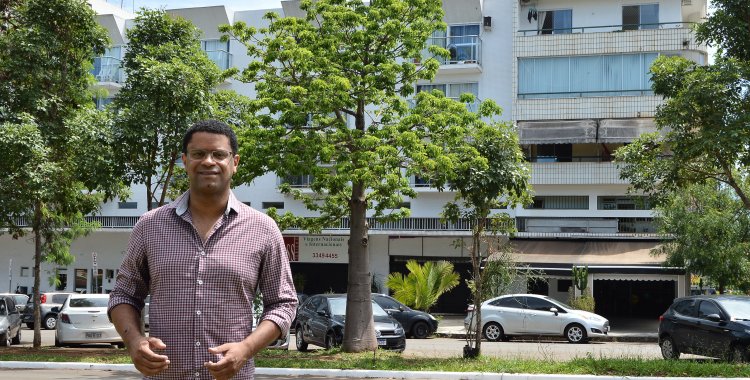The discovery, which surprised researchers and specialists in African culture in Brazil, was made by Professor André Lúcio Bento, who, in addition to locating these trees, also planted baobab trees (also known as baobabs) in his workplace.
"So far, at least 49 baobabs have been identified only in the Federal District [federative unit that involves Brasília], but the project already has the participation of other residents of the region who are also engaged in cataloging baobab trees," explained Casa de Angola in Bahia, in a statement.
This species "has an important meaning for black culture, because it represents, at the same time, the millennial strength, tradition and ancestry of the peoples of Angola and other nations on the African continent", adds the text.
According to Professor André Lúcio, the choice to investigate baobabs aims to promote the discussion on education for ethnic-racial relations, one of the curricular axes of public schools in the Federal District, in Brazil.
"The choice of baobabs was due to the centrality that this tree occupies in the social, religious and cultural field of traditional African peoples. In addition, the baobabs existing in Brazil are, to a large extent, remnants of the African diaspora", said the professor, quoted in the statement.
The investigator also maintained that this species of tree arrived in Brazil in the holds of slave ships, which brought African slaves to forced labor on Brazilian soil during the period of slavery in the country.
Upon completion of the mapping of the baobabs, a report will be produced that must be delivered to the Secretariat of Environment and to environmental agencies of the Brazilian executive, in order to obtain support for the preservation of these trees, as well as "transforming them into cultural heritage of humanity. ".
"The visibility of this project is also an opportunity for Brazilians to get to know the African continent and its different cultures better. It is necessary to understand that in Africa culture and science are produced and, therefore, this study on baobabs brings more knowledge about our reality ", advocated the director of the Casa de Angola Cultural Center in Bahia, Benjamim Sabby.
Baobab trees, in addition to being full of spirituality and traditions across Africa, also provide food, water, medicines and shelter to those who live in forests and savannas, having enormous cultural and ecological value.







